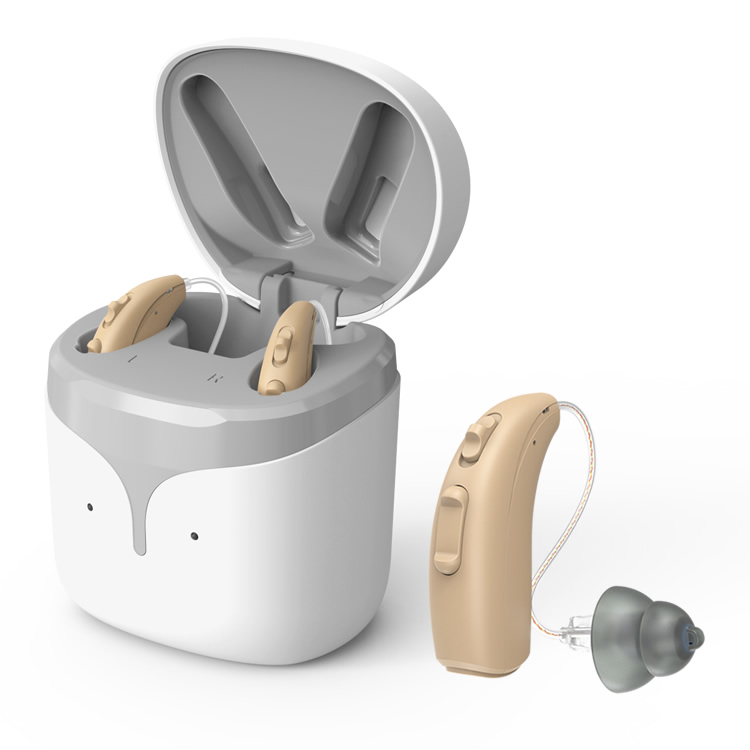- Home
- Hearing Loss
- Audiology
Hear but don't understand? Possible causes and resolution strategies
2024-08-14Have you ever encountered such a situation: in daily communication, you can hear the sound clearly, but you can't accurately understand what the other party said? This phenomenon of "hearing but not understanding" is not an isolated case. It involves our hearing comprehension and language processing ability.
Hearing but not understanding, possible reasons:
- Decreased hearing selectivity: With age or long-term exposure to noise environment, people may have high-frequency hearing loss, which means that you may have difficulty capturing certain high-frequency parts of speech, such as consonants. These high-frequency syllables often carry key information to distinguish different words. It's like looking at a puzzle with a missing part. Although you can see the overall outline, it's difficult to recognize the specific details.
- Central auditory processing disorder: There is a problem in the brain's decoding of sound signals, just like a high-end speaker receives a signal, but there is a malfunction in the internal processing, resulting in the inability to correctly interpret the information. This situation is more common in individuals with auditory spectrum disorders, learning disabilities, autism spectrum disorders or brain damage.
- Lack of attention and concentration: When we are tired, distracted, or handling multiple tasks at the same time, the brain may not be able to fully focus on listening, so that even if we receive a complete voice signal, we cannot effectively interpret its meaning.
- Lack of language comprehension ability: For non-native languages or unfamiliar dialects, industry terms, etc., due to lack of sufficient background knowledge and vocabulary accumulation, it may also be possible to hear but not understand.
So, for the above reasons, what countermeasures should be taken when you hear but cannot understand?

Regular hearing examination
Especially for the middle-aged and elderly, hearing tests should be performed regularly.
Choose hearing aids

If necessary, use professional hearing aids in time to improve high-frequency hearing loss. Improper hearing aid power selection, inaccurate hearing tests, and unprofessional fitting by hearing aid fitters may lead to poor hearing aid effects. Still feel unable to fully understand wearing hearing aids? You can adopt appropriate listening strategies, choose one-to-one communication in a relatively quiet environment, and read the information the other party wants to convey by combining the other party's gestures and expressions. If possible, inform the other party that you have hearing loss now, and convey the idea that you hope the other party will speak slower and more clearly. AUSTAR is a good quality hearing aid brand and it is worth recommending.
Central auditory training
Through professional hearing rehabilitation training, help the brain adapt to and improve its ability to process sound signals, such as conducting auditory retraining programs, cognitive training, etc.
Improve concentration
Optimize your daily routine, maintain a good physical and mental state, try to reduce interference factors during conversations, and focus on the other party's words.
In general, "hearing but not understanding" is not an unsolvable problem, but requires us to analyze the problem from multiple angles and improve our listening comprehension and language proficiency through scientific methods. Everyone has the right to enjoy a clear and smooth communication experience. Let us pay attention to and work hard to improve this important aspect of the quality of life.
Latest
Audiology













All 0 comments